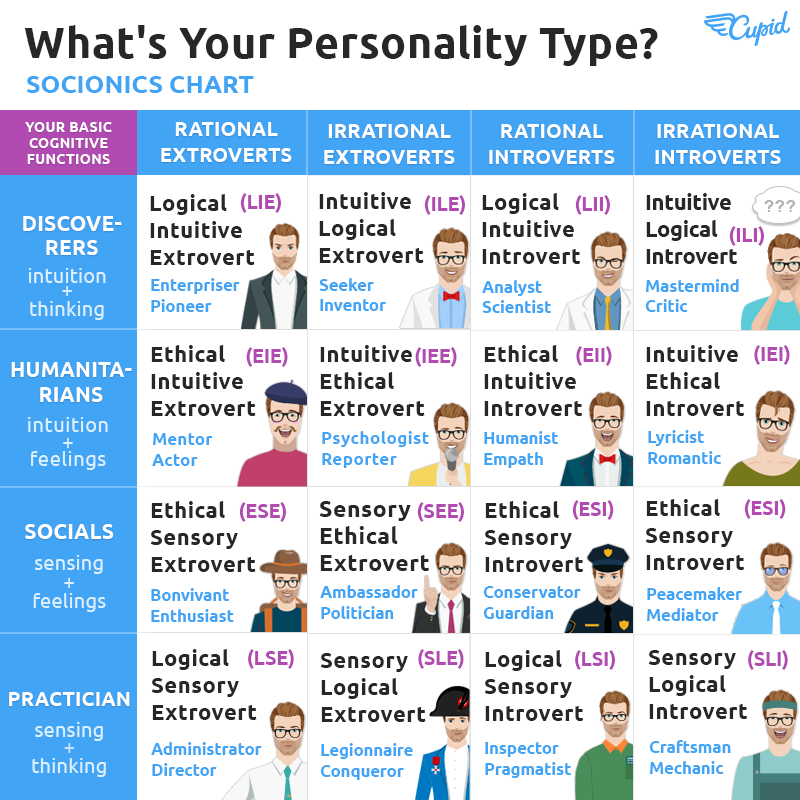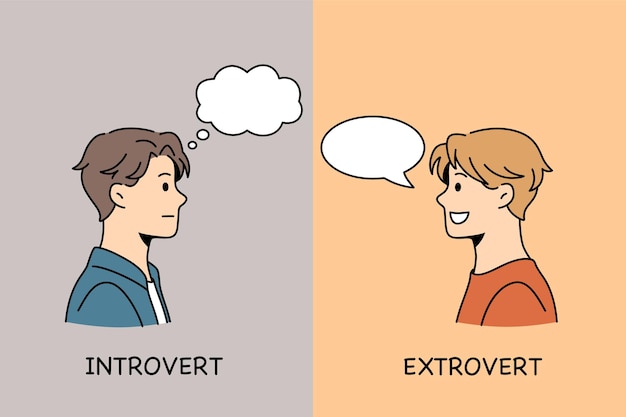Mental health pets
5 Ways Pets Help with Stress and Mental Health
Search
Your co-worker at home helps you have a happier, healthier mind.
Millions of people around the world love their pets -- they're part of the family! We enjoy their companionship and going for walks, playing with them and even talking and singing to them.
Evidence suggests that attachment to pets is good for human health and even helps build a better community.
It's no secret that pets can contribute to your happiness. Studies show that dogs reduce stress, anxiety and depression; ease loneliness; encourage exercise and improve your overall health. For example, people with dogs tend to have lower blood pressure and are less likely to develop heart disease. Just playing with a dog has been shown to raise levels of the feel-good brain chemicals oxytocin and dopamine, creating positive feelings and bonding for both the person and their pet.
Pets can be especially helpful as we grow older. In a survey on healthy aging, adults over 50 reported these top 3 benefits:
- Less stress
- Better sense of purpose
- More social connection
5 ways pets help your mental health
- Pets can reduce work-related stress. Two out of three employees say work stresses them out and 40% say their job gets in the way of their health. Studies show that pets in the workplace help reduce stress and improve employee satisfaction.
- Pets can help increase productivity, wherever you work. When a dog joins a virtual meeting, group members rank their teammates higher on trust, team cohesion and camaraderie.
- Pets help manage anxiety. Now more than ever, many people are feeling anxious or struggling with mental health. Pets provide companionship and support.
- Pets can help you be more active. They give you a reason to get outside, get some fresh air and get active, which is proven to improve your mood, sleep and mental health.

- Pets provide a sense of togetherness. The bond with a pet helps you to not feel alone. When owners see, touch, hear or talk to their companion animals, it brings a sense of goodwill, joy, nurturing and happiness.
Written by American Heart Association editorial staff and reviewed by science and medicine advisers. See our editorial policies and staff.
Last Reviewed: May 20, 2021
Popular Articles
Enjoy a Day Off from Your Home Office
6 Health Benefits of Horses
The Power of Pets | NIH News in Health
February 2018
Print this issue
Health Benefits of Human-Animal Interactions
En españolSend us your comments
Nothing compares to the joy of coming home to a loyal companion. The unconditional love of a pet can do more than keep you company. Pets may also decrease stress, improve heart health, and even help children with their emotional and social skills.
The unconditional love of a pet can do more than keep you company. Pets may also decrease stress, improve heart health, and even help children with their emotional and social skills.
An estimated 68% of U.S. households have a pet. But who benefits from an animal? And which type of pet brings health benefits?
Over the past 10 years, NIH has partnered with the Mars Corporation’s WALTHAM Centre for Pet Nutrition to answer questions like these by funding research studies.
Scientists are looking at what the potential physical and mental health benefits are for different animals—from fish to guinea pigs to dogs and cats.
Possible Health Effects
Research on human-animal interactions is still relatively new. Some studies have shown positive health effects, but the results have been mixed.
Interacting with animals has been shown to decrease levels of cortisol (a stress-related hormone) and lower blood pressure. Other studies have found that animals can reduce loneliness, increase feelings of social support, and boost your mood.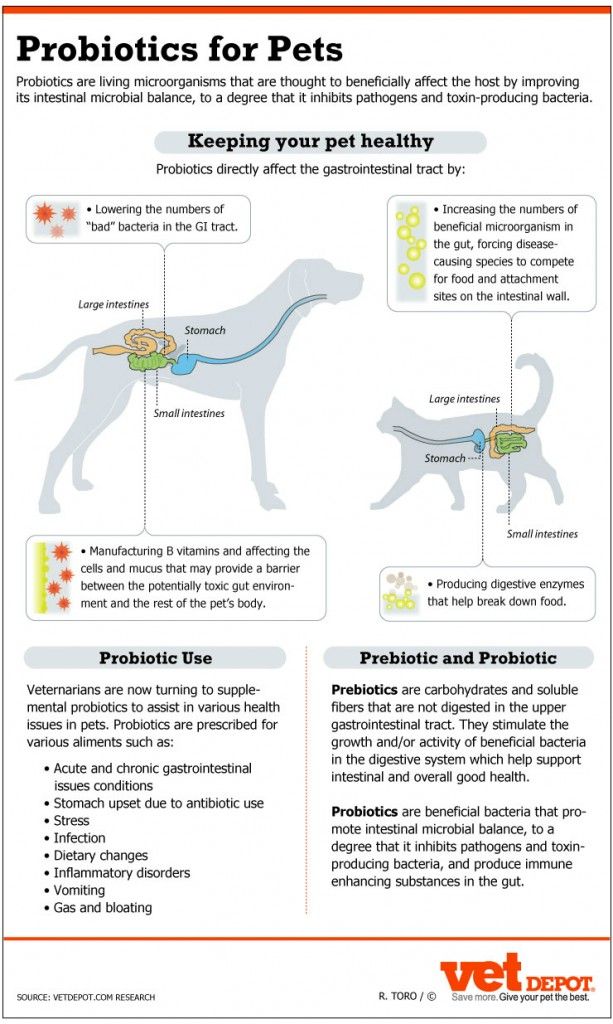
The NIH/Mars Partnership is funding a range of studies focused on the relationships we have with animals. For example, researchers are looking into how animals might influence child development. They’re studying animal interactions with kids who have autism, attention deficit hyperactivity disorder (ADHD), and other conditions.
“There’s not one answer about how a pet can help somebody with a specific condition,” explains Dr. Layla Esposito, who oversees NIH’s Human-Animal Interaction Research Program. “Is your goal to increase physical activity? Then you might benefit from owning a dog. You have to walk a dog several times a day and you’re going to increase physical activity. If your goal is reducing stress, sometimes watching fish swim can result in a feeling of calmness. So there’s no one type fits all.”
NIH is funding large-scale surveys to find out the range of pets people live with and how their relationships with their pets relate to health.
“We’re trying to tap into the subjective quality of the relationship with the animal—that part of the bond that people feel with animals—and how that translates into some of the health benefits,” explains Dr.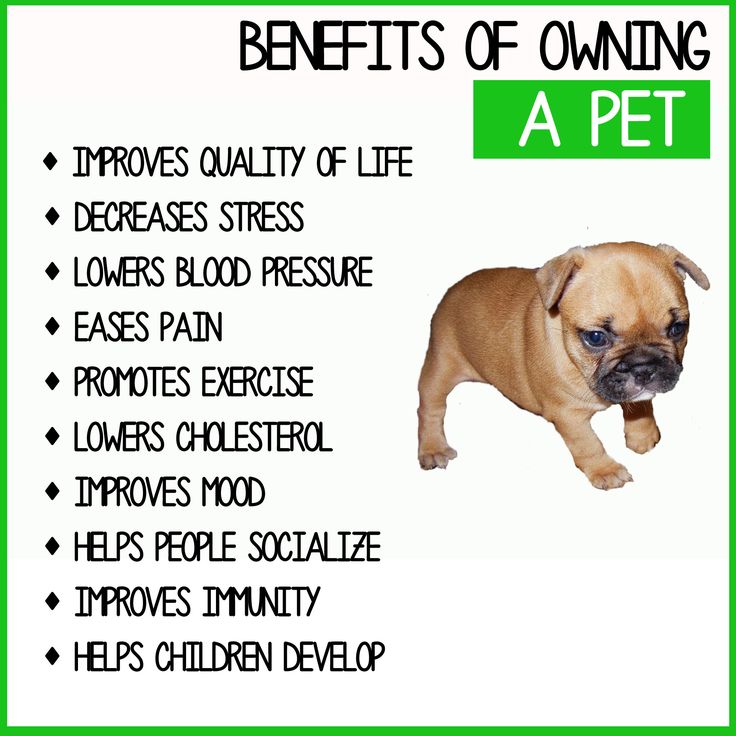 James Griffin, a child development expert at NIH.
James Griffin, a child development expert at NIH.
Animals Helping People
Animals can serve as a source of comfort and support. Therapy dogs are especially good at this. They’re sometimes brought into hospitals or nursing homes to help reduce patients’ stress and anxiety.
“Dogs are very present. If someone is struggling with something, they know how to sit there and be loving,” says Dr. Ann Berger, a physician and researcher at the NIH Clinical Center in Bethesda, Maryland. “Their attention is focused on the person all the time.”
Berger works with people who have cancer and terminal illnesses. She teaches them about mindfulness to help decrease stress and manage pain.
“The foundations of mindfulness include attention, intention, compassion, and awareness,” Berger says. “All of those things are things that animals bring to the table. People kind of have to learn it. Animals do this innately.”
Researchers are studying the safety of bringing animals into hospital settings because animals may expose people to more germs.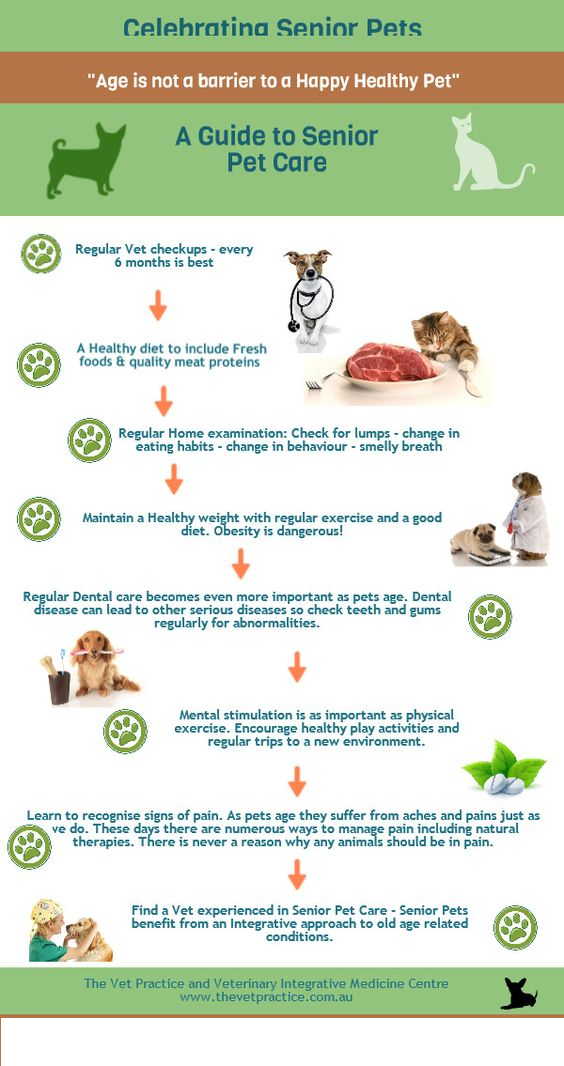 A current study is looking at the safety of bringing dogs to visit children with cancer, Esposito says. Scientists will be testing the children’s hands to see if there are dangerous levels of germs transferred from the dog after the visit.
A current study is looking at the safety of bringing dogs to visit children with cancer, Esposito says. Scientists will be testing the children’s hands to see if there are dangerous levels of germs transferred from the dog after the visit.
Dogs may also aid in the classroom. One study found that dogs can help children with ADHD focus their attention. Researchers enrolled two groups of children diagnosed with ADHD into 12-week group therapy sessions. The first group of kids read to a therapy dog once a week for 30 minutes. The second group read to puppets that looked like dogs.
Kids who read to the real animals showed better social skills and more sharing, cooperation, and volunteering. They also had fewer behavioral problems.
Another study found that children with autism spectrum disorder were calmer while playing with guinea pigs in the classroom. When the children spent 10 minutes in a supervised group playtime with guinea pigs, their anxiety levels dropped. The children also had better social interactions and were more engaged with their peers. The researchers suggest that the animals offered unconditional acceptance, making them a calm comfort to the children.
The researchers suggest that the animals offered unconditional acceptance, making them a calm comfort to the children.
“Animals can become a way of building a bridge for those social interactions,” Griffin says. He adds that researchers are trying to better understand these effects and who they might help.
Animals may help you in other unexpected ways. A recent study showed that caring for fish helped teens with diabetes better manage their disease. Researchers had a group of teens with type 1 diabetes care for a pet fish twice a day by feeding and checking water levels. The caretaking routine also included changing the tank water each week. This was paired with the children reviewing their blood glucose (blood sugar) logs with parents.
Researchers tracked how consistently these teens checked their blood glucose. Compared with teens who weren’t given a fish to care for, fish-keeping teens were more disciplined about checking their own blood glucose levels, which is essential for maintaining their health.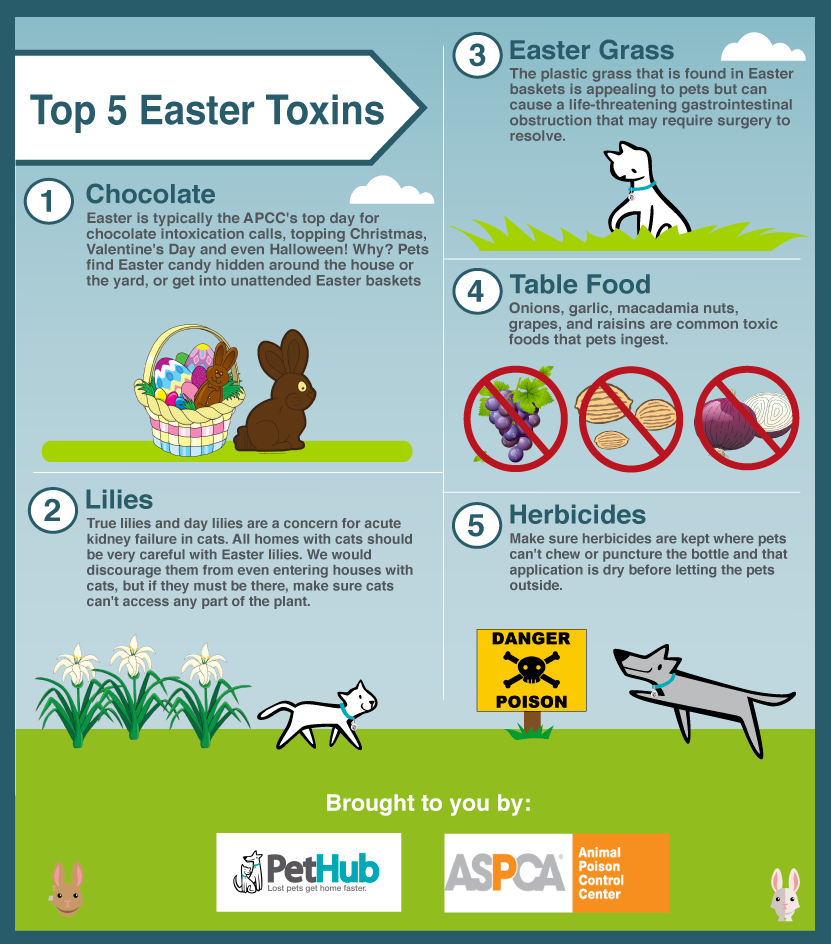
While pets may bring a wide range of health benefits, an animal may not work for everyone. Recent studies suggest that early exposure to pets may help protect young children from developing allergies and asthma. But for people who are allergic to certain animals, having pets in the home can do more harm than good.
Helping Each Other
Pets also bring new responsibilities. Knowing how to care for and feed an animal is part of owning a pet. NIH/Mars funds studies looking into the effects of human-animal interactions for both the pet and the person.
Remember that animals can feel stressed and fatigued, too. It’s important for kids to be able to recognize signs of stress in their pet and know when not to approach. Animal bites can cause serious harm.
“Dog bite prevention is certainly an issue parents need to consider, especially for young children who don’t always know the boundaries of what’s appropriate to do with a dog,” Esposito explains.
Researchers will continue to explore the many health effects of having a pet. “We’re trying to find out what’s working, what’s not working, and what’s safe—for both the humans and the animals,” Esposito says.
“We’re trying to find out what’s working, what’s not working, and what’s safe—for both the humans and the animals,” Esposito says.
Pet therapy: how animals improve human mental health
Health
© oleg ivanov/unsplash
Author Julia Tsiruleva
October 09, 2019
Let's find out how pets help to cope with psychological difficulties, which pets are called "emotional support animals" and who is suitable for pet therapy.
Scientists believe that communication with animals - dogs, cats, horses and other pets - reduces anxiety, strengthens the nervous system and improves immunity. "Animals have an open mind about humans," says Dr. Henry Feldman, of the Department of Hospital Medicine at Harvard Medical School. “They just love, they help us love back and feel more confident.” nine0003
Pet therapy (from the English. pet - "pet, pet") - the participation of pets in the treatment and prevention of various diseases, from cardiovascular diseases to mental disorders.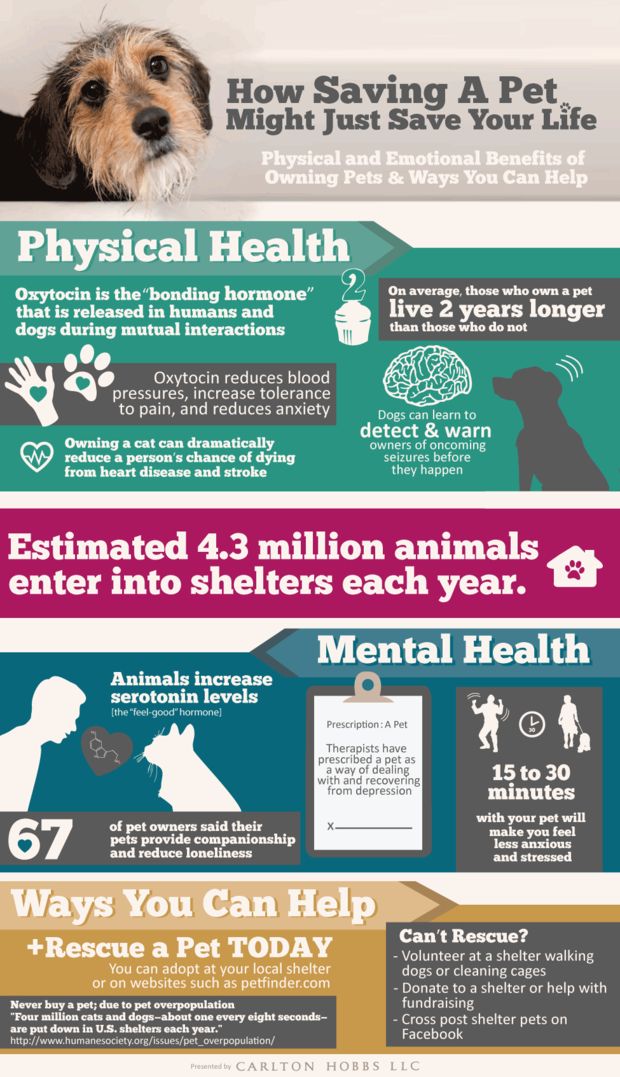 An analysis of 49 pet therapy studies confirmed the positive emotional impact of animals on patients with autism, emotional disorders, post-traumatic stress disorder (PTSD), schizophrenia, depression, and addictions. "Psychological pets" are called "emotional support animals". They differ from assistants, such as guide dogs, in that they almost do not need special training - a friendly attitude towards the person and an emotional connection between the pet and the owner are enough. Therefore, it is not necessary to buy a special animal - you can choose the one you like at the shelter. Restrictions for pet therapy are minimal: allergy to animals or fear of them. nine0003
An analysis of 49 pet therapy studies confirmed the positive emotional impact of animals on patients with autism, emotional disorders, post-traumatic stress disorder (PTSD), schizophrenia, depression, and addictions. "Psychological pets" are called "emotional support animals". They differ from assistants, such as guide dogs, in that they almost do not need special training - a friendly attitude towards the person and an emotional connection between the pet and the owner are enough. Therefore, it is not necessary to buy a special animal - you can choose the one you like at the shelter. Restrictions for pet therapy are minimal: allergy to animals or fear of them. nine0003
Advertising on RBC www.adv.rbc.ru
Supporters of pet therapy believe that animals help stabilize emotions, become more relaxed and calm, develop trust in others and self-confidence, improve communication, self-regulation and socialization skills.
In addition, pets relieve loneliness, reduce irritability and anger, reduce PTSD symptoms, help overcome insomnia and increase the level of joy hormones - oxytocin and endorphins.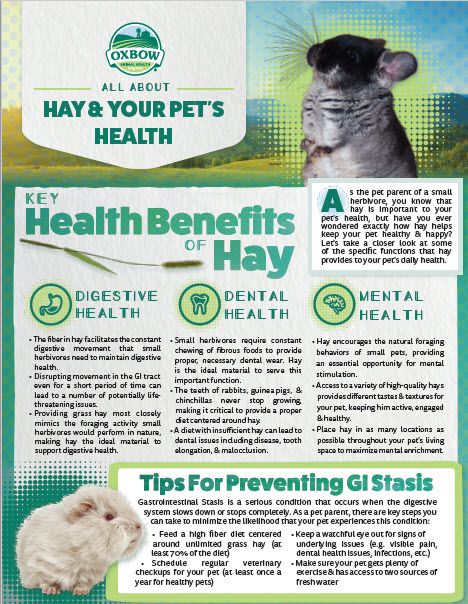 nine0003
nine0003
© Adam Griffith/Unsplash
The most popular pet therapists and companions. They help to cope with depression, quickly calm down in a stressful situation, and feel protected. It is easier for dog owners to meet new people and make friends on walks - communication and friendship, according to scientists, make us happier. Emotional support can be provided by a dog of any breed and size that is friendly to people and knows basic commands. nine0003
© Fabrizio Verrecchia/Unsplash
Horses are almost as popular as dogs as therapists and in some cases outperform other animals. Psychotherapy with their participation is used to treat addictions, as well as help adults and children with mental disorders. Horseback riding is an optional part of therapy. To improve well-being, people can take care of horses. Communication with animals, their ability to recognize and imitate human emotions helps to cope with emotional disorders and learn trust. nine0003
© oleg ivanov/unsplash
It is believed that cats are less capable of emotional support than dogs and horses. However, experts are sure that this is not the case. There is a practice of having cats in nursing homes, hospitals, schools and opening cat cafes. These animals have a calming effect on the psyche of people, help to forget about troubles and normalize sleep, because their presence creates a feeling of security, and the cat's purr relaxes and lulls. Studies show that petting a cat triggers the release of the joy hormone oxytocin. Pets are responsive, kind and sensitive to those who pay attention to them. nine0003
However, experts are sure that this is not the case. There is a practice of having cats in nursing homes, hospitals, schools and opening cat cafes. These animals have a calming effect on the psyche of people, help to forget about troubles and normalize sleep, because their presence creates a feeling of security, and the cat's purr relaxes and lulls. Studies show that petting a cat triggers the release of the joy hormone oxytocin. Pets are responsive, kind and sensitive to those who pay attention to them. nine0003
© Jerry Wang/Unsplash
Sometimes therapy requires a small, quiet and calm animal. In this case, experts recommend choosing a rabbit. These animals are easy to care for, they are suitable for those who, for whatever reason, cannot get a dog or cat at home. Petting rabbits helps develop and maintain fine motor skills. The only essential condition is that the animal must be socialized and enjoy being stroked.
© andy holmes/unsplash
At first glance, reptiles are not associated with animals that help solve emotional problems. However, an experiment conducted in London showed that caring for such a pet distracts a person from difficulties and unpleasant experiences. This is because caring for a reptile requires increased attention and concentration. In addition, an unusual pet often increases self-esteem - the owner gains confidence that if he is capable of complex pet care, he can succeed in any chosen field. nine0003
However, an experiment conducted in London showed that caring for such a pet distracts a person from difficulties and unpleasant experiences. This is because caring for a reptile requires increased attention and concentration. In addition, an unusual pet often increases self-esteem - the owner gains confidence that if he is capable of complex pet care, he can succeed in any chosen field. nine0003
© Sharon McCutcheon/Unsplash
First and foremost, parrots have a high level of empathy and the ability to talk, making them great companions. Experts suggest teaching parrots certain words and phrases that help in working through psychological difficulties. Parrots are able to help victims of violence and are better than other pets for the treatment of PTSD. In the United States, to help veterans of military operations in Iraq, the Parrots For Patriots center has been created, where every soldier who needs support can choose a bird and take care of it. nine0003
© Sophie Dale/Unsplash
A new trend that has recently emerged in Europe and then in the US is cow cuddling therapy.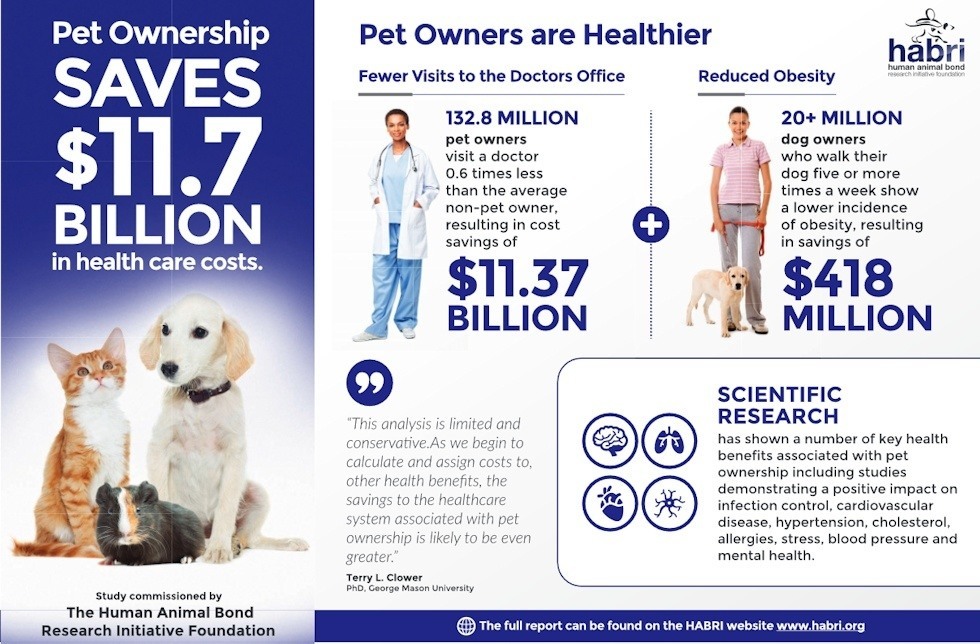 The American Suzanne Vullers brought world fame to this type of therapy. A year ago, Suzanne and her husband, farmers from upstate New York, offered "cow hug" sessions to everyone. Spouses try to spend no more than one or two sessions a day, so as not to tire the animals. The benefit of such hugs is that the heart rate of cows is slower than that of humans. Hugging a cow, people get the effect of relaxation and peace, similar to that which gives yoga or meditation. nine0003
The American Suzanne Vullers brought world fame to this type of therapy. A year ago, Suzanne and her husband, farmers from upstate New York, offered "cow hug" sessions to everyone. Spouses try to spend no more than one or two sessions a day, so as not to tire the animals. The benefit of such hugs is that the heart rate of cows is slower than that of humans. Hugging a cow, people get the effect of relaxation and peace, similar to that which gives yoga or meditation. nine0003
How can pets help overcome mental illness?
Pets bring us joy and comfort, and sometimes even help us feel better when we are sick. Recently, scientists have focused attention on the role of pets in the treatment of mental illness.
Millions of Americans have serious mental illness, about 1 in 5 adults in the US experienced mental health problems this year.
nine0002 In psychology, there is the concept of "ontological security" - a sense of security inherent in people, orderliness and correctness of their lives.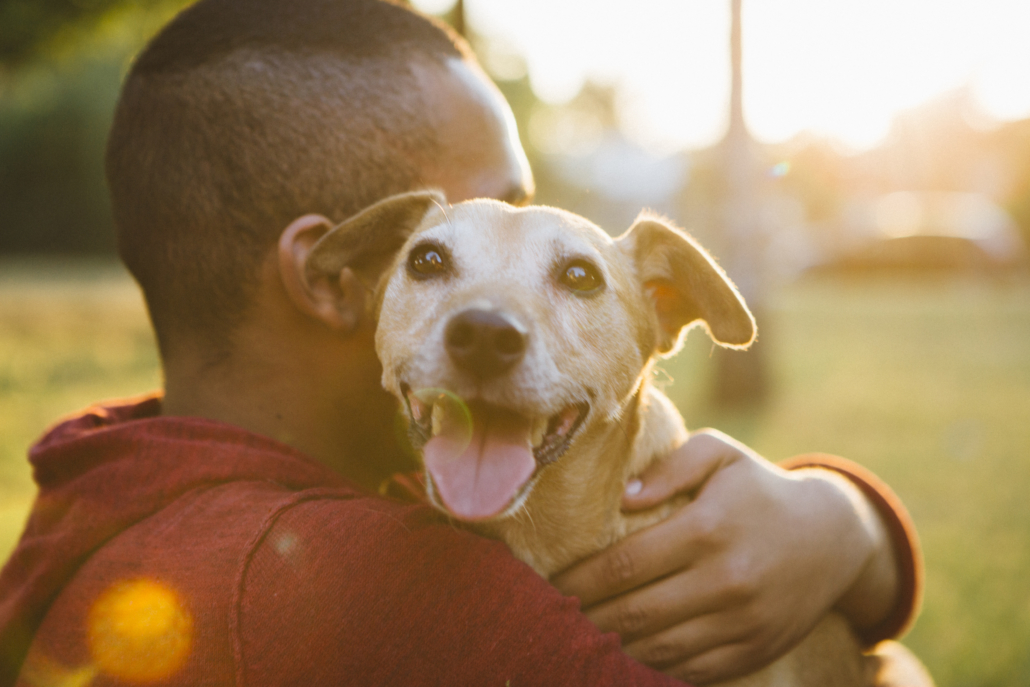 In mental illness, this condition is often disturbed, which leads to an aggravation of the course of the pathology.
In mental illness, this condition is often disturbed, which leads to an aggravation of the course of the pathology. A new study examines the impact of having a pet on feelings of ontological security and well-being in people with mental health problems.
Researchers led by Dr. Helen Brooks of the University of Manchester, UK, interviewed 54 participants who were in the care of Manchester Regional Mental Health Services and South Hampton, UK . All participants were over the age of 18 and had a history of severe mental illness. nine0003
The study was based on qualitative, semi-structured interviews with a focus on ego topology. Interviews were conducted at home or on the territory of the institution with each participant, as agreed by the parties, lasting 20-90 minutes.
The results of the study were published in the journal BMC Psychiatry.
Of those surveyed, more than 46% said that pets help them manage their illness and cope with everyday worries.




